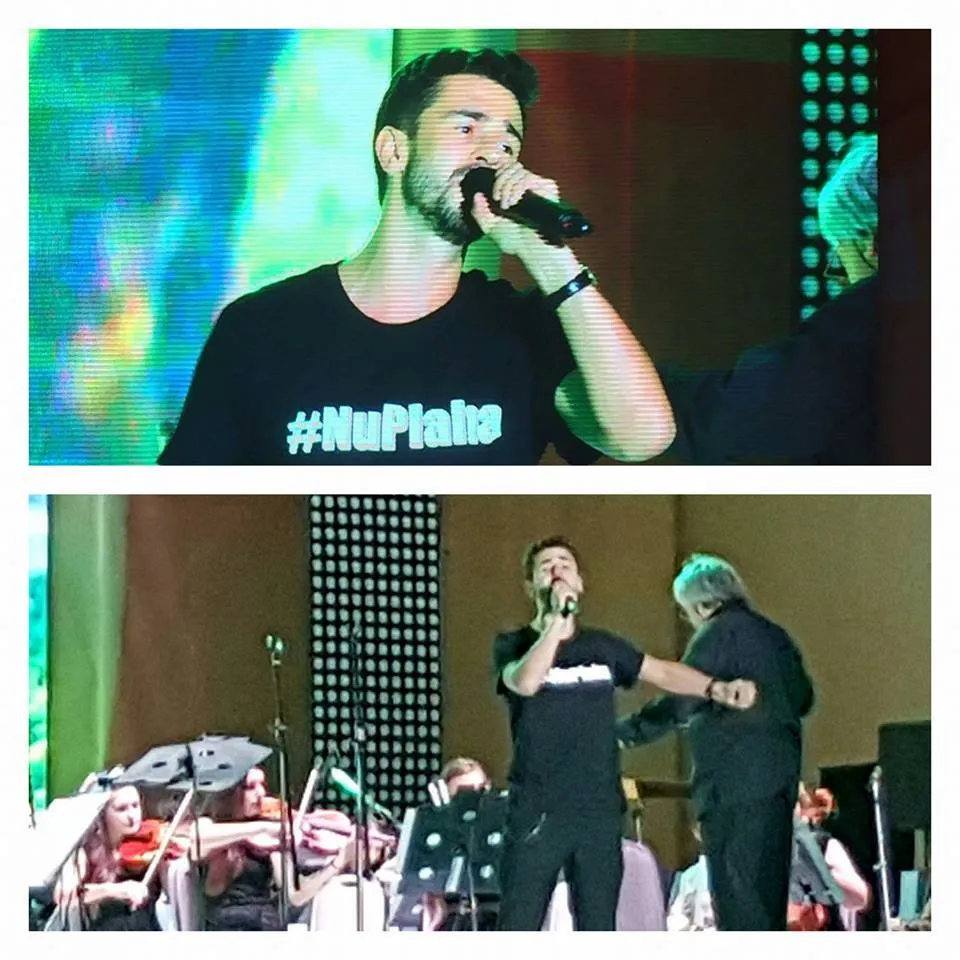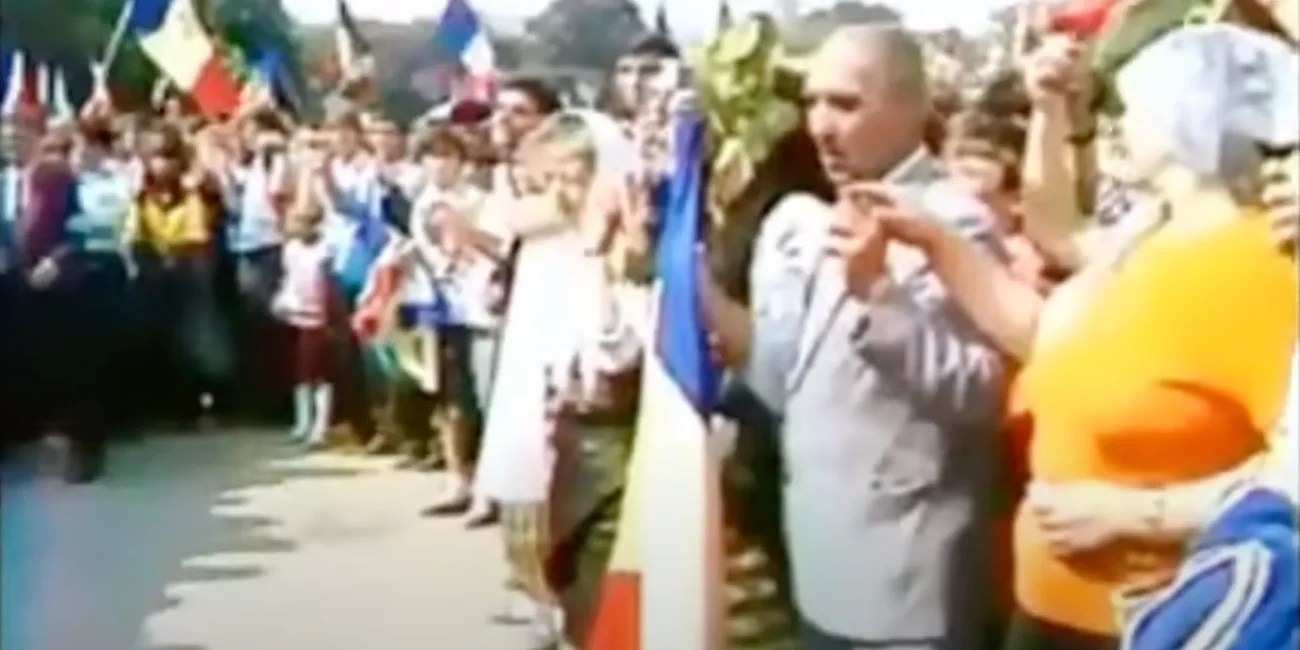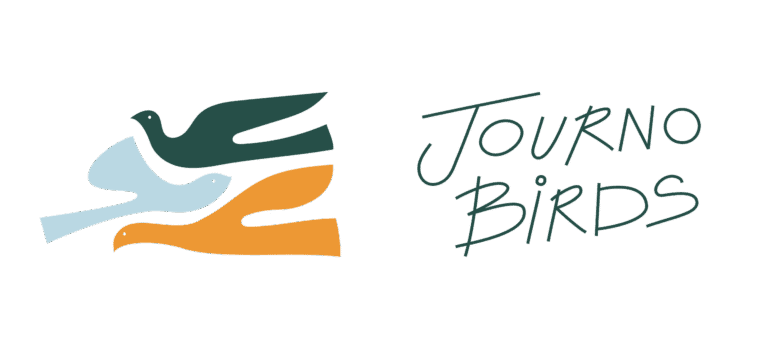Moldova’s Fight for Freedom: From banned musicians to Eurovision superstars
Moldovan Eurovision singer Pasha Parfeni was one of the few to stand up for freedom. It cost him everything.
A local celebrity, Parfeni, was about to step onto the stage. But no one was ready for what he was planning to do. It was a late summer evening in August 2016. People gathered in the center of Chisinau, Moldova’s capital, for a national concert. The army victoriously marched through the town.
This European country was marking 25 years of independence from the Soviet Union.
But there was little to celebrate. The Democratic Party of Moldova, under the oligarch Vlad Plahotniuc’s lead, was taking control of most aspects of the country: the courtrooms, the police, local governments, and banks. Between 2016 and 2019, he controlled Moldova through blackmailing and terror. Plahotniuc is also linked to the “theft of the century” — the embezzlement of $1 billion from Moldovan banks in 2014. Transparency International called Moldova a “captured state.” European Parliament voted several resolutions condemning oligarchic state capture.
Out of fear, people would lower their voices when mentioning the “puppet master” Plahotniuc.
The concert at the heart of the city was about to begin. Moldova’s leadership sat in front of the stage, but a fence separated the VIPs from the rest of the people. A beloved musician Parfeni stepped on the stage and said to the microphone, “I am absolutely sure that you all dream of Moldova free of corruption and oligarchs.”
He unbuttoned his shirt and revealed the message #NuPlaha on his t-shirt. #NuPlaha had become a popular message used by those resisting Plahotniuc’s growing power (Plaha being one of Plahotniuc’s nicknames). The audience gasped. People were stunned. Within minutes it spread like wildfire on social media. Seeing someone publicly take a stand against the oligarch was rare. In a country slipping into dictatorship, this was a courageous act.

What made Pasha take this step?
Eight years later, we sat down with Pasha to reflect. “Around that time, then minister of culture told me that if I don’t write anything inappropriate about the government, she will invite me to all the state concerts,” he recalls. That felt dishonest to him. “Lies bring problems and unconstructive things into your life. They bring a mistake in the formula of happiness.”
The last drop was when he saw that the country’s so-called leaders and elite were in front of the stage, separated from the general audience by a fence. He then decided it was time to stand, hoping many would follow his example.
That didn’t happen.
“I had good relations with everyone,” he said. “I didn’t expect to be completely blacklisted.” After provocatively tearing his shirt on that stage, he was banned from performing everywhere — state concerts, television and radio stations, restaurants, and even private events. It was a total lockdown for him!
Most musicians shied away from taking such stands, but one other singer, Catalin Josan, also resisted and spoke up.

In the same autumn, in 2016, he sang in front of a sea of Moldovans waving European Union and Moldovan flags: “At least for a song, let’s get together. Let’s remember who we were and are,” Josan sang. The audience hummed along. A banner beside him said, “Let’s take our country back.” His friends’ circle was narrowing. People he thought he shared the same values with would step away and distance themselves from him.
Remembering that day, Catalin hoped it would bring hope and strength to people who thought things would never change. Catalin’s father, Nicolae Josan, took to the stage, too. This wasn’t the first time the father-son duo performed this song together. He had been singing with his father since he was a toddler.
In the late 1980s, his father, Nicolae Josan, had been at the “barricades” exactly the same way and took his son with him. Before, Moldovans were fighting communism, but now experienced thugs. It seemed as if the Moldovan musicians kept fighting the same evil.
“I felt that things still hadn’t changed. Thirty years of independence, but the censor is still here,” Catalin remembers.
Diaspora came to the rescue!
About a million Moldovans live abroad and are actively involved in the country’s politics. Many of them went to look for a better life but still kept in touch with their family and friends left behind. They kept following the news and rooting for their homeland. They are often deeply connected to what is happening in Moldova. Once they saw that Pasha and Catalin got blacklisted because of standing up to the oligarch, they came to the rescue and invited them on a tour.
Pasha took his girlfriend, Yuliana Scutaru, along and traveled the world, visiting the expats. They went to Canada, the US, Ireland, and Italy. They were called “the courageous voices”.
“I feel a little of like diaspora. They helped me and protected me,” Pasha said.
Once Pasha and Catalin returned to their homeland, Plahotniuc’s time was coming to an end.
Plahotniuc fled Moldova in June 2019 after being pushed out of parliament as part of a government shakeup. He has been out of public view since then.
Back to Eurovision
Catalin and Pasha’s popularity grew in free Moldova, and last year, Pasha represented Moldova in Eurovision for the second time. He won his spot in the final contest, singing “Soarele si Luna” (“The Sun and the Moon”). With traditional melody and instruments, he brought Moldovan folk to life.
As a fully democratic country, he is now free to speak up.
“It’s such a huge comfort, to be honest,” Pasha concludes. “If it all happened again, I would do nothing differently.”
He is glad that the next generation of Moldovan singers is much more outspoken and free to speak. Catalin adds: “Maybe we helped a bit by bringing courage.”

Moldova’s Singing Revolution
When Catalin Josan was three years old, he sang the “Unity Song” with his father on a stage in Chisinau, near the Valea Morilori park, at the Green Theater venue. “At least for a song, let’s get together. Let’s remember who we were and are,” echoed through the park. This is where the Moldovan revolution was in full bloom. The Soviet Union was crumbling, and Moldovans saw a ray of hope for independence. People would march through the city, asking for freedom.
Musicians and writers would dream about reuniting with Romania as Moldova once was.
An event organizer and creative director, Misha Turcanu, comes from a family of writers and artists. He was only a child then but remembers the stories of how the cultural elite would gather in a gated community near Orheiul Vechi, about a 40-minute drive from Chisinau. He said that musicians have been standing up for their values throughout Moldova’s existence. Misha explained that the resistance started in the 1970s when Moldova was still part of the Soviet Union. Over there, near the forest and hills, they started to dream and sing about freedom and democracy. They cried about the country being ripped apart, seeing Moldova as part of Romania.

One of the best-known revolutionaries and the strongest voices of that time were a couple, Doina and Ion Aldea-Teodorovici. They died in a traffic accident in Romania on 29 October 1992. Their car crashed into a tree. It is not fully clear what happened that night. Some people believe they were killed because of their strong opinions.
While many other post-Soviet countries are famous for their singing revolutions in the late 1980s, Moldova, too, had a pro-freedom movement. It’s just that nobody speaks about it. This story was covered by the corruption and oligarch stories that soon followed.

Leave a Reply